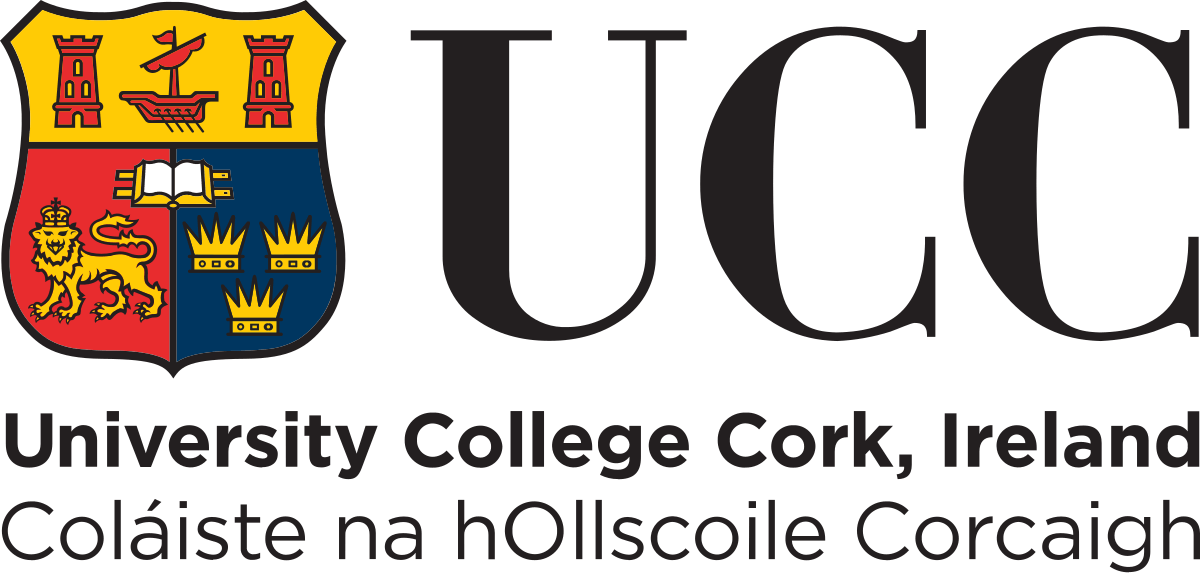BSc (Honors) in Nutrition Science
Key Points
Program description
The BSc Nutritional Sciences combines a number of scientific disciplines to provide an in-depth understanding of the role of diet and nutrition in health and in the prevention of major diseases such as cardiovascular disease , cancer, diabetes and osteoporosis.
The science of nutrition is the study of food as it impacts our health and deals with the provision of food and nutrients to the body to facilitate optimal physical and mental development and maintaining health throughout life.
The course will provide you with a comprehensive understanding of the relationship between diet and health and you will learn how to apply this knowledge to providing nutritional counseling to the public, as well as providing safe food , healthy and nutritious for the consumer.
A six-month job is an integral part of the course in Year 3.
An application for course accreditation by the UK Nutrition Association is under review.
At the end of the course you will be able to:
- Apply current knowledge in nutrition science from a molecular, cellular and tissue level to the whole person and to population groups to calculate food and nutrient requirements throughout the life cycle in health and disease.
- Prepare nutritional guidelines for individuals and population groups for the maintenance of good health, in the context of authorized dietary references and food safety standards.
- employ specialized experimental skills in nutritional research and analysis.
- Identify and critically evaluate emerging knowledge in nutrition and use it as a basis for developing novel approaches to solving problems in the industry, research / academia, health and other sectors.
- interpret and translate nutritional science in a meaningful way and communicate science effectively
- work effectively as a nutrition professional.
Why choose this course
This course combines basic science, food science, human biology, and nutrition in a unique and engaging way to give you the knowledge, skills, and training you need. to work as a nutritional scientist.
As a nutritional scientist, you will increase your understanding of the relationship between diet, health, and disease through research, and apply that knowledge through the provision of nutritional advice solid and healthy, healthy and nutritious food to consumers.
Teachers are internationally recognized researchers and deeply committed to excellence in teaching.
Graduates have excellent opportunities for employment and further professional specialization.
Information about skills and careers
Nutritional Science graduates are equipped to work in a wide range of industries and other areas of responsibility including:
- Food
- Pharmaceuticals
- Health care
- Government and non-government agencies
Program structure
Admission requirements
- The minimum requirement 1 x H4, 1 x H5, 4 x O6 / H7; Math and lab science courses are required.
- For international candidates, the foreign equivalent is required. In addition, an official degree translated into English will be required.
- IELTS 6.5, with no less than 6 in any component (or its internationally recognized equivalent).
Learn more about our educational offer
Request your quote
An advisor will contact you by phone and email within the following hours

